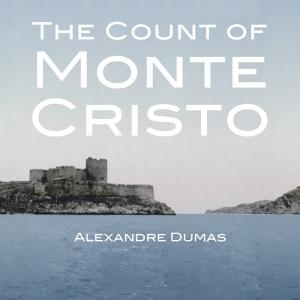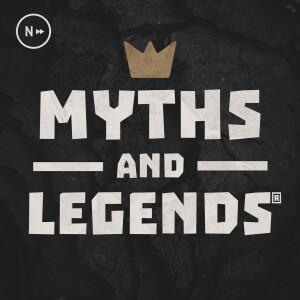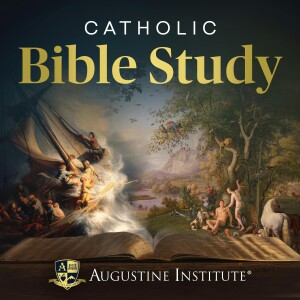

How can Christians best be good citizens? Dr. Miranda Cruz brings ”Faithful Politics”
“Faithful Politics: Ten Approaches to Christian Citizenship and Why It Matters” by Miranda Zapor Cruz (IVP Academic)
How can Christians be involved in political activity without losing sight of their witness and their moral core? Can Christians participate in political parties? Should we? And if so, how can we do so and maintain objectivity?
Christians are dual citizens, of our temporary home on Earth, and our permanent home in Heaven. We are called by Christ to the “the salt of the earth”, which means we are be involved in humanity and human endeavors. Americans have a unique situation in that we choose our leaders. Are they also elected by God? As the author states, “The United States is not, has never been, and will not become the Kingdom of God. Therefore, no single political party or ideology is entirely compatible with Christian convictions.”
The author offers six chapters investigating the history, theology, and influence of ten different types of Christian engagement in politics. There is one thing the author especially wanted to emphasize: 21stcentury United States of America should not be confused with ancient Israel. OT passages referring to the People who are called my Yahweh’s Name means the Chosen People, Israel. It does not transfer to modern America. Earthly kingdoms and nations are temporal, even the best ones; only God’s Kingdom is eternal.
But in the meantime, how do we serve God through our nation in the best way? Dr. Zapor introduces several viable options. First, the Separatist models, which includes “isolationist separatism” and “prophetic separatism”, rooted in the Anabaptist tradition, and are found in the Amish, Mennonite traditions. We also have “evangelical separatism”, from the Puritan movement. Next, the Separationist option, either the historic Baptist approach, of the Martin Luther “Two Kingdoms” (delineating separate spheres of influence for church and government.) “The Social Gospel” is the 6th approach, while the 7thand 8th are Calvinist options.
She warns about the last two options, which she argues are “incompatible with Christian faithfulness. Dominionism is a theological movement claiming Christians should gain power in every sphere of society to bring about God’s kingdom on Earth, while Christian nationalism is a “political movement that uses Christian language and symbols, fundamentally at odds with Christian orthodoxy.”
How do we serve Christ faithfully within the structure of a political system never addressed in Scripture?
More Episodes
All Episodes>>Create Your Podcast In Minutes
- Full-featured podcast site
- Unlimited storage and bandwidth
- Comprehensive podcast stats
- Distribute to Apple Podcasts, Spotify, and more
- Make money with your podcast












